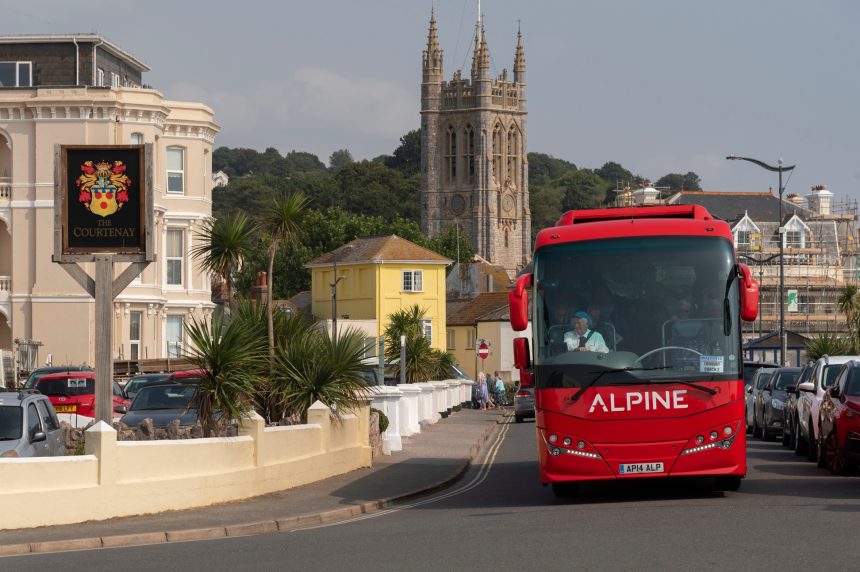I wrote some months ago about how coach operators had suddenly become attractive to large bus firms and mused on the reasons for that consolidation in the industry.
Nevertheless, I was still taken aback when I read that seven coach companies had merged under one banner to create in The Coach Travel Group a ‘super operator’, akin to when Bob Dylan and George Harrison formed the Traveling Wilburys.
That new company boasts some well-known names within the industry, and it has an impressive amount of vehicle infrastructure at its disposal.
I do not want to comment further because I know nobody involved nor how the new company will develop except for what I have read in the press. But if anyone can retire because of the new group’s formation, well done; I wish you a long, happy and fulfilling retirement.
Apart from being gutted that we were not approached, it made me wonder about the long-term outlook for companies such as mine and where we fit into the future of the coach industry.
Will there always be a place for nimble independent operators that can react quickly to new opportunities and sell themselves on a high level of service? Or will consortiums with HR and compliance departments coupled to savings they can make via economies of scale mean that old-school family businesses will become increasingly unviable?
To use one example, the buying power of a company boasting 2,000 coaches will be worlds apart from that of an operator with 20 vehicles.
I spend an increasing amount of time on things such as HR (which is mostly outsourced as I am not qualified to do it) and compliance. If I was part of a consortium, I would have access to departments that I could hand those things to. That would let me concentrate on trying to make a profit.
My wife is the director of an academy trust of schools, and they benefit greatly from an expertise and financial point of view from having such things centralised.
I suspect that we will see more and more coach industry mergers and consolidation in the short- to medium-term, as is happening in other sectors. Schools is a prime example.
So what do the likes of us small operators do about it? You could fatten yourself up for sale and become an attractive proposition to potential suitors. If you are coming to an age where an exit strategy is appealing, cashing out might be the best option.
But all the mergers and acquisitions in the world do not suddenly magic up 10,000 extra high-quality drivers or increase the availability of new coaches. A lot of the issues that the industry faces remain the same no matter the size of your fleet (or fleets) if you decide to carry on with your current business model.
But the death of the traditional small/medium-sized family-run coach company? I would be very surprised. The years have shown that the industry is incredibly resilient and adaptable.
From COVID-19 to PSVAR, we find a way. Small can often mean nimble. Decisions can be made quickly, and it would take a lot to convince me that we can be beaten on service levels and ease of dealing with. There is life in the old dog yet!
The author is proprietor and Director of a small coach operator.



























